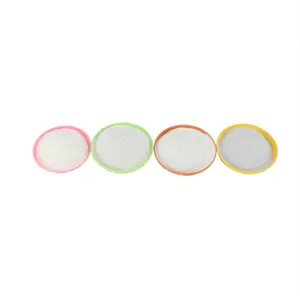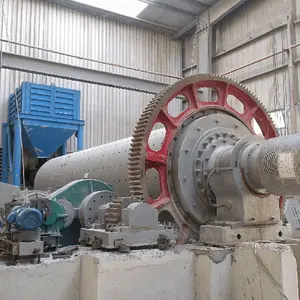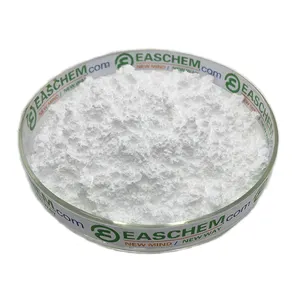Feldspars, as a group of rock-forming minerals, are integral to the composition of the Earth's crust and play a significant role in various industrial applications. These minerals are prevalent in both intrusive and extrusive igneous rocks and are also found in metamorphic and sedimentary rocks. The presence of feldspar in these rock types underscores its importance in the production of a wide range of industrial materials.
The versatility of feldspar stems from its composition, which includes a mix of aluminium, silicon, and oxygen, along with cations like sodium, calcium, potassium, or barium. This composition allows for its use in the manufacture of glass and ceramics, where it acts as a flux to lower the melting temperature of quartz and clays. In the glass industry, feldspar enhances the hardness, durability, and resistance of the glass product.
In ceramics, feldspar serves as a vital ingredient that imparts strength, vitrification, and translucency to ceramic bodies. Its role in the production of porcelain, sanitary ware, and tiles is well recognized. Beyond these traditional uses, feldspar's chemical weathering process results in the formation of clay minerals, which are essential in the creation of ceramics and have applications in the production of paints, plastics, and rubber as fillers.
The unique properties of feldspar, such as its ability to form a three-dimensional network structure, make it suitable for various specialized applications. These include its use in the development of certain types of dental fillings and as a source of nutrients in fertilizers. The economic significance of feldspar is thus linked to its wide-ranging applications across different industries, making it a sought-after mineral on platforms like Alibaba.com.


































 浙公网安备 33010002000092号
浙公网安备 33010002000092号 浙B2-20120091-4
浙B2-20120091-4